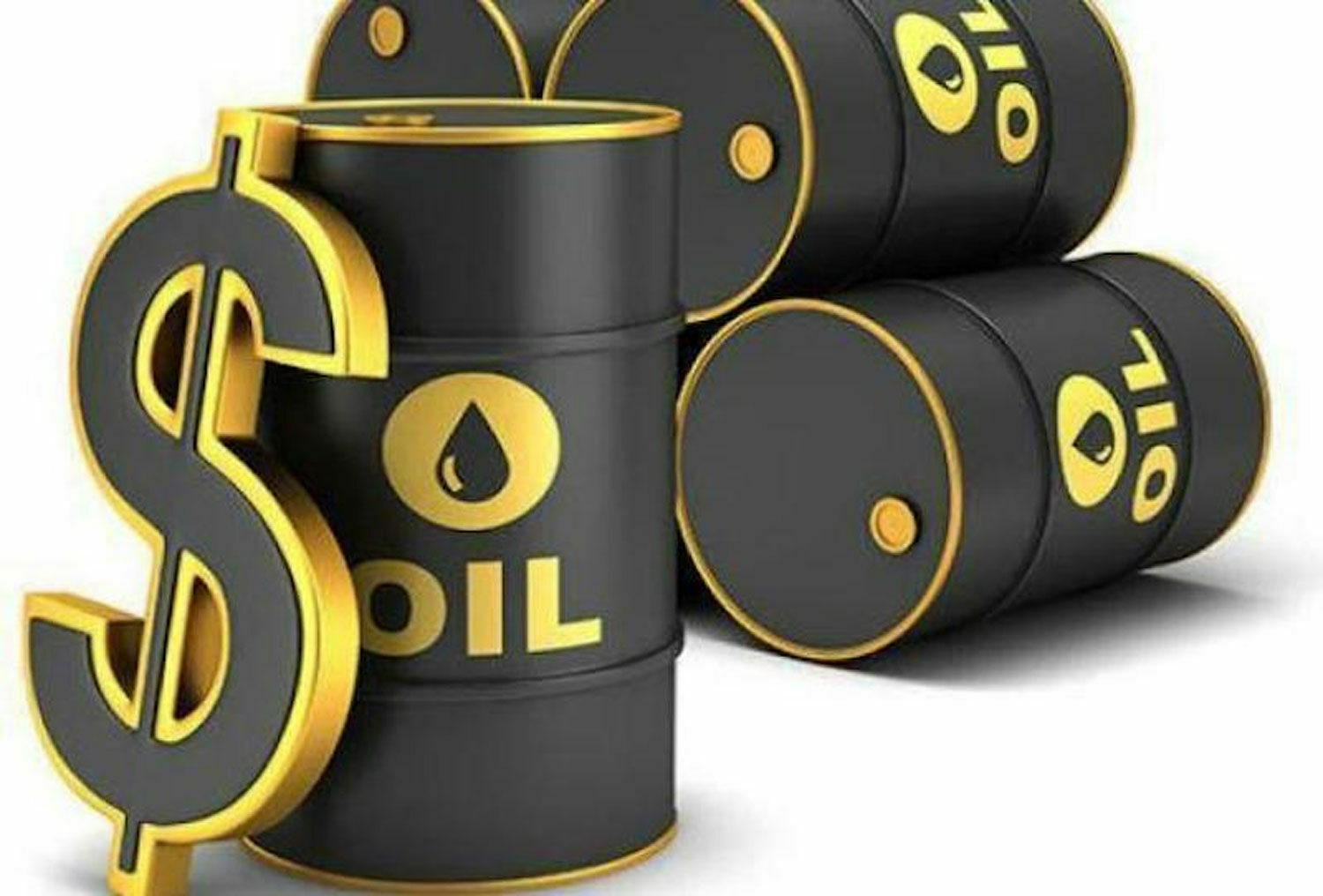
•As oil demand sets to drop further by 10 % — Report
By Udeme Akpan
With the outbreak of coronavirus in China and spread to other economies, including Nigeria, crude oil price has dropped from over $60 to $22 per barrel.
This occurred as the disease has culminated in the closure of many oil-driven industries in China, accounting for two-third of global demand growth and other nations, thus creating a serious glut in the volatile market.
However, the situation is set to worsen in the coming weeks following fears that global oil demand will soon plunge by more than 10 per cent from the typical 100 million barrels per day, bpd, consumption, as the raging coronavirus pandemic otherwise known as COVID-19 forces countries into lockdown, as global demand is expected to drop further because of the pandemic.
In its latest report, International Energy agency, IEA, stated: “Global oil demand is expected to decline in 2020 as the impact of the new coronavirus (COVID-19) spreads around the world, constricting travel and broader economic activity, according to the International Energy Agency’s latest oil market forecast.
“The situation remains fluid, creating an extraordinary degree of uncertainty over what the full global impact of the virus will be. In the IEA’s central base case, demand this year drops for the first time since 2009 because of the deep contraction in oil consumption in China, and major disruptions to global travel and trade.
ALSO READ: COVID-19: FG cuts 2020 budget by N1.5trn
“The coronavirus crisis is affecting a wide range of energy markets – including coal, gas and renewables – but its impact on oil markets is particularly severe because it is stopping people and goods from moving around, dealing a heavy blow to demand for transport fuels.
“This is especially true in China, the largest energy consumer in the world, which accounted for more than 80% of global oil demand growth last year. While the repercussions of the virus are spreading to other parts of the world, what happens in China will have major implications for global energy and oil markets.
Outlook
“The IEA now sees global oil demand at 99.9 million barrels a day in 2020, down around 90,000 barrels a day from 2019. This is a sharp downgrade from the IEA’s forecast in February, which predicted global oil demand would grow by 825,000 barrels a day in 2020.
“The short-term outlook for the oil market will ultimately depend on how quickly governments move to contain the coronavirus outbreak, how successful their efforts are, and what lingering impact the global health crisis has on economic activity.
“To account for the extreme uncertainty facing energy markets, the IEA has developed two other scenarios for how global oil demand could evolve this year. In a more pessimistic low case, global measures fail to contain the virus, and global demand falls by 730,000 barrels a day in 2020. In a more optimistic high case, the virus is contained quickly around the world, and global demand grows by 480,000 barrels a day.”
Impact
The Lagos Chamber of Commerce and Industry, LCCI, indicated that: “There is also the revenue effect of the coronavirus, which is related to the drop in oil price.
Oil revenue currently accounts for about 50 per cent of government revenue and about 85 per cent of foreign exchange earnings. With the current scenario of tumbling oil price, a drastic reduction in the revenue of government could become inevitable in the near time.
“This has implications for the level of fiscal deficit in the budget; budget implementation will be constrained; infrastructure financing will be affected; borrowing may increase, and the capacity to fund capital project will be severely constricted. With this scenario, the outlook for oil dependent economies looks rather gloomy.
“The slump in oil price and the associated adverse expectations will put fresh pressures on the reserves. Currently, it is at all-time low of $36.2 billion as at 3rd March 2020.
“This outlook has the following implications. Weakening of investors’ confidence. Generation of speculative pressures on the currency. Likely depreciation of the naira exchange rate.
“Heightened inflationary pressures on the back of currency weakening. Likely increase production and operating costs for businesses. Weakening of purchasing power with adverse implications for the welfare of the citizens.
“The global supply chain has been deeply disrupted as China, which is the second largest economy in the world, is a major supplier of inputs for manufacturing companies around the world, Nigeria inclusive.
“Many manufacturers and service providers in the country are already experiencing acute shortage of raw materials and intermediate inputs. This has implications for capacity utilization, employment generation [and retention] and adequacy of products’ supply to the domestic market. There is also an implication for inflation.
Losses
“Many events and conferences in Nigeria and around the world have been canceled as a result of the coronavirus scare. For most of these events, huge sum of money and resources have been committed to the organization, planning and logistics. These translate into huge loses to the promoters of these events.”
Disclaimer
Comments expressed here do not reflect the opinions of Vanguard newspapers or any employee thereof.